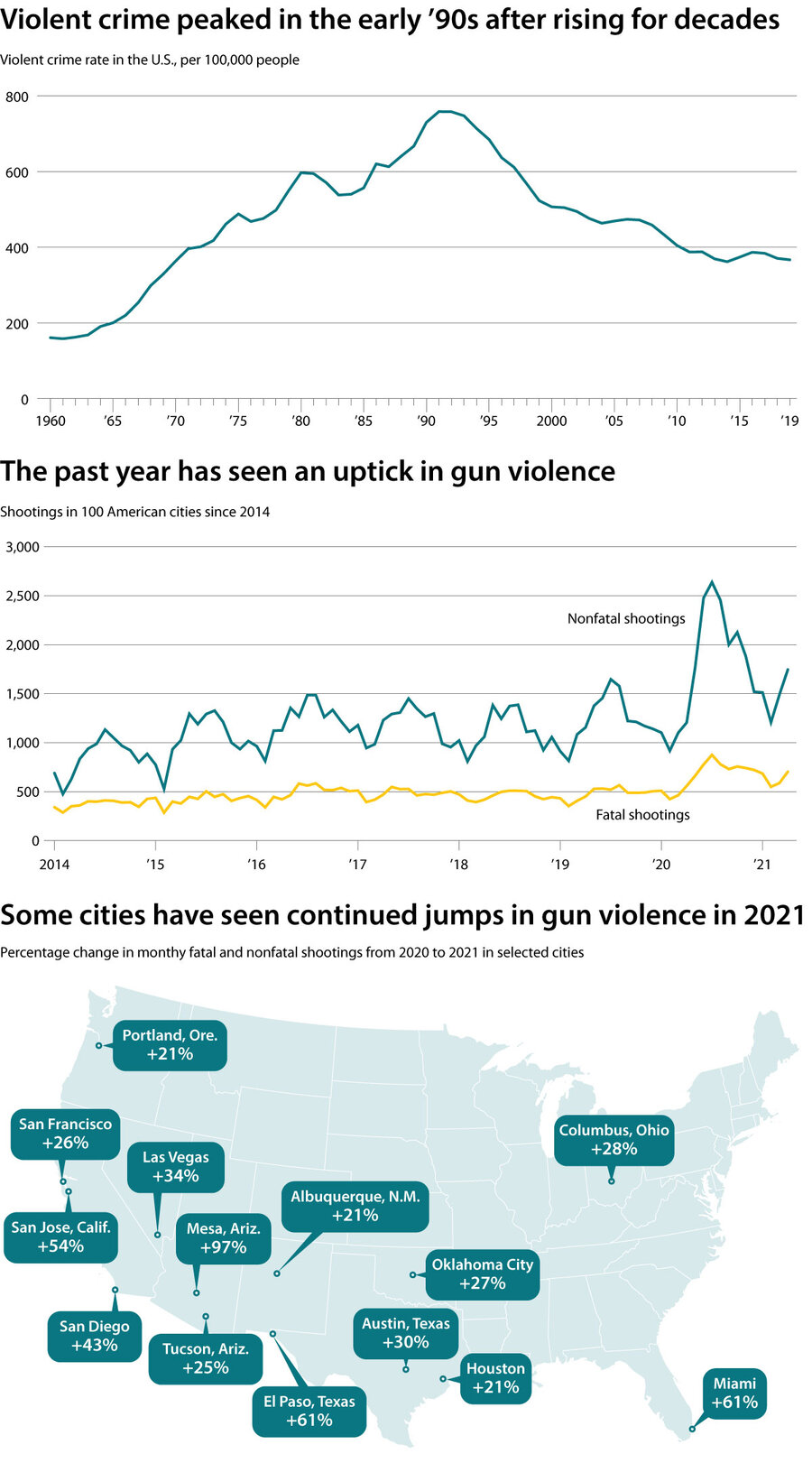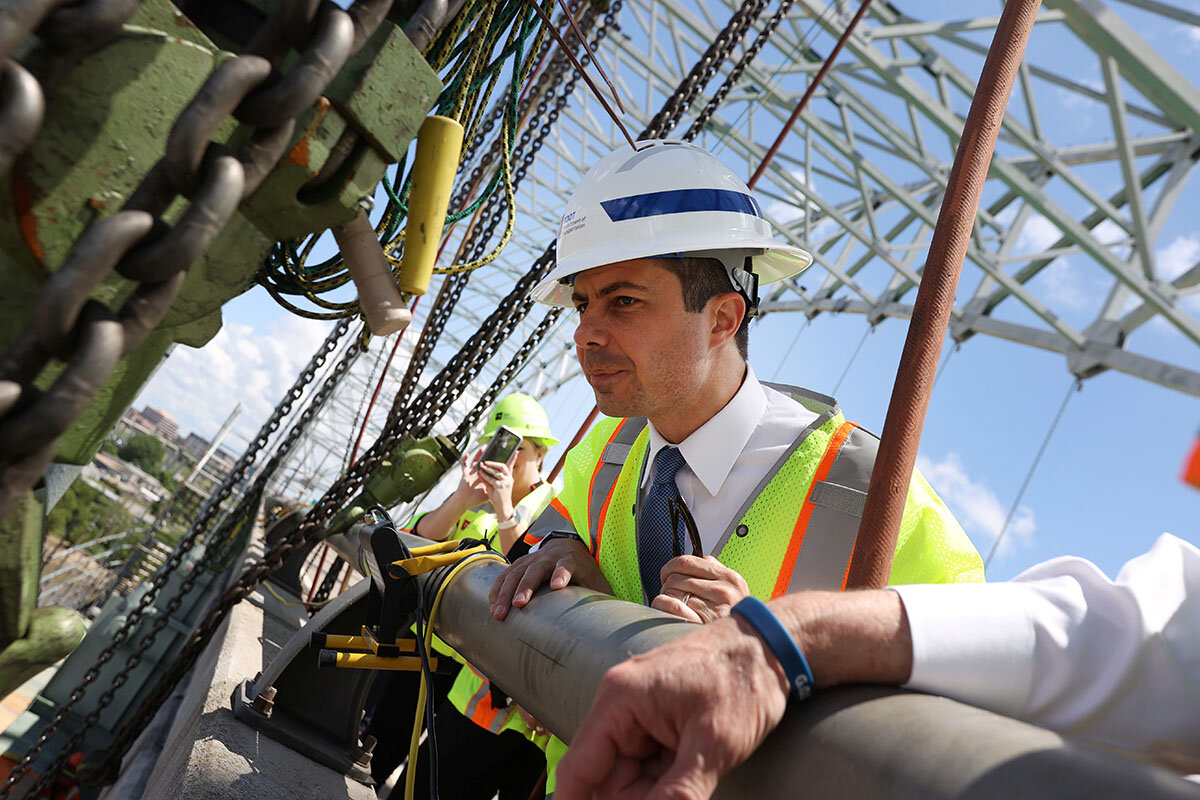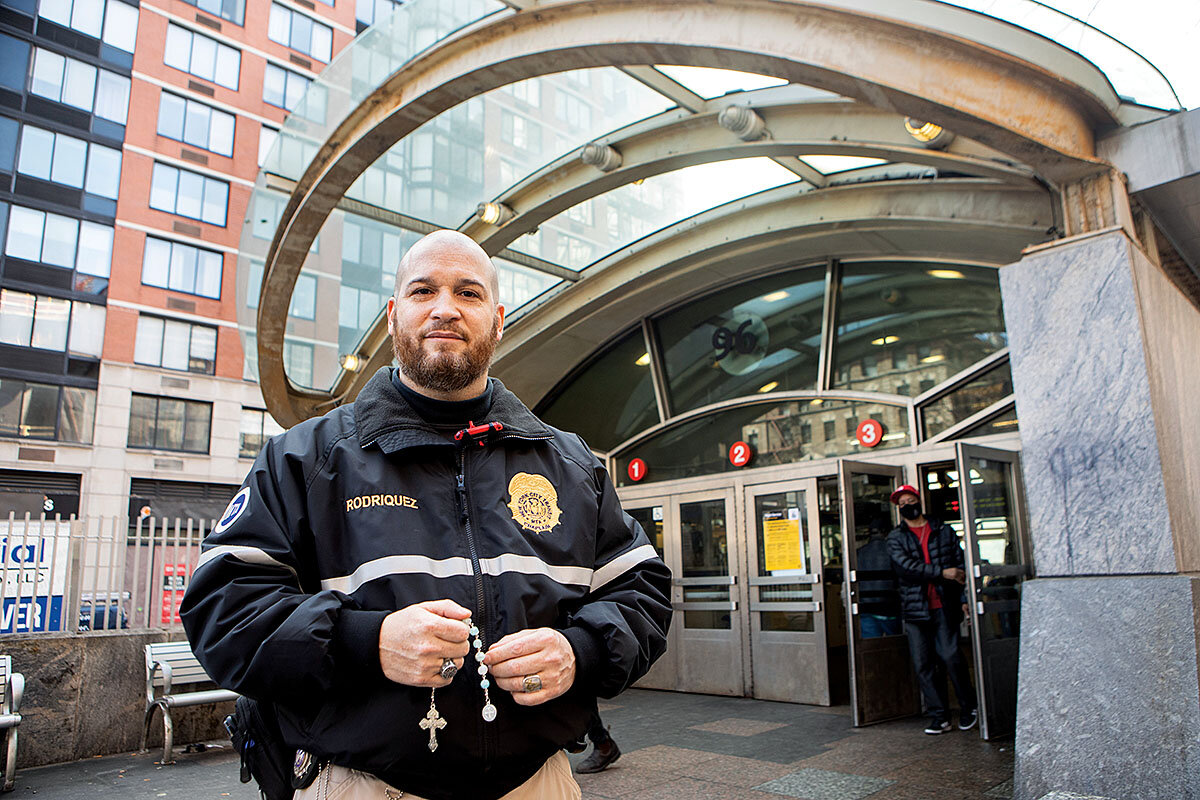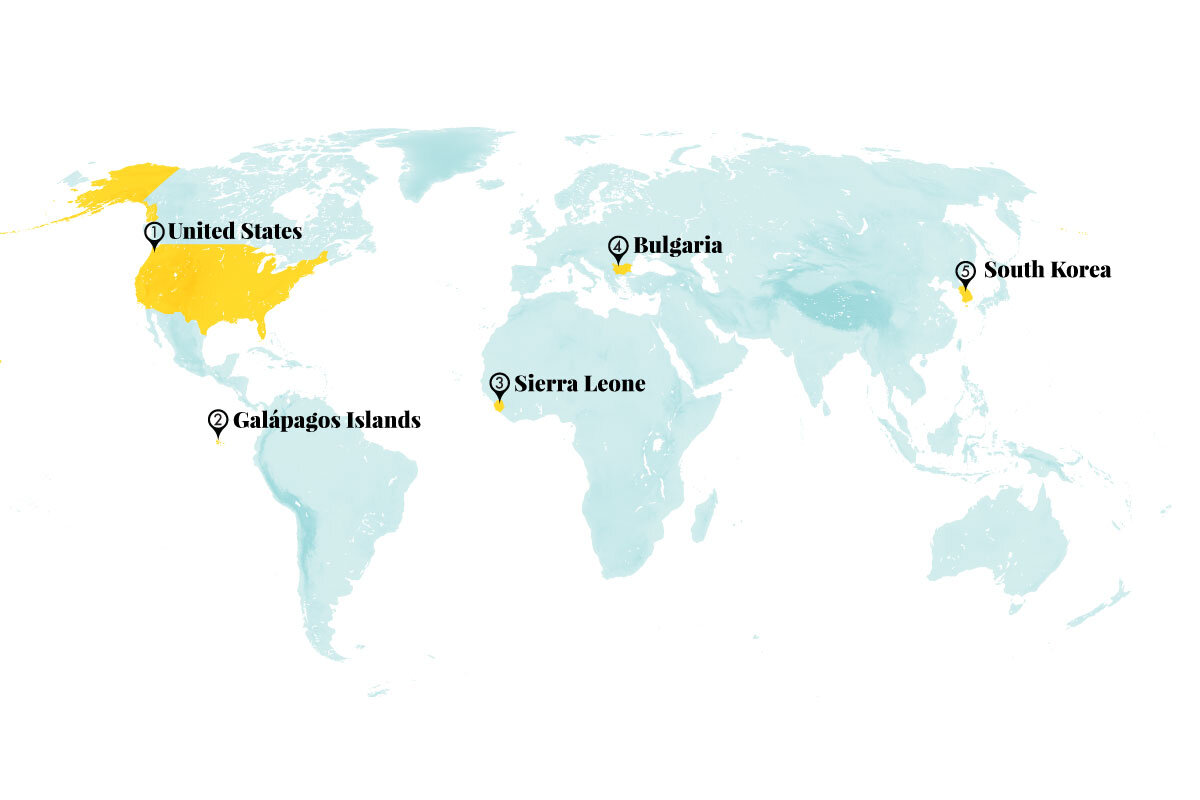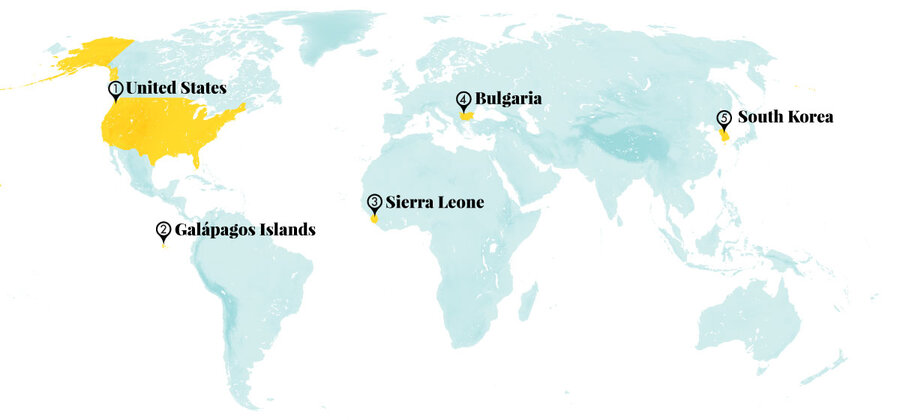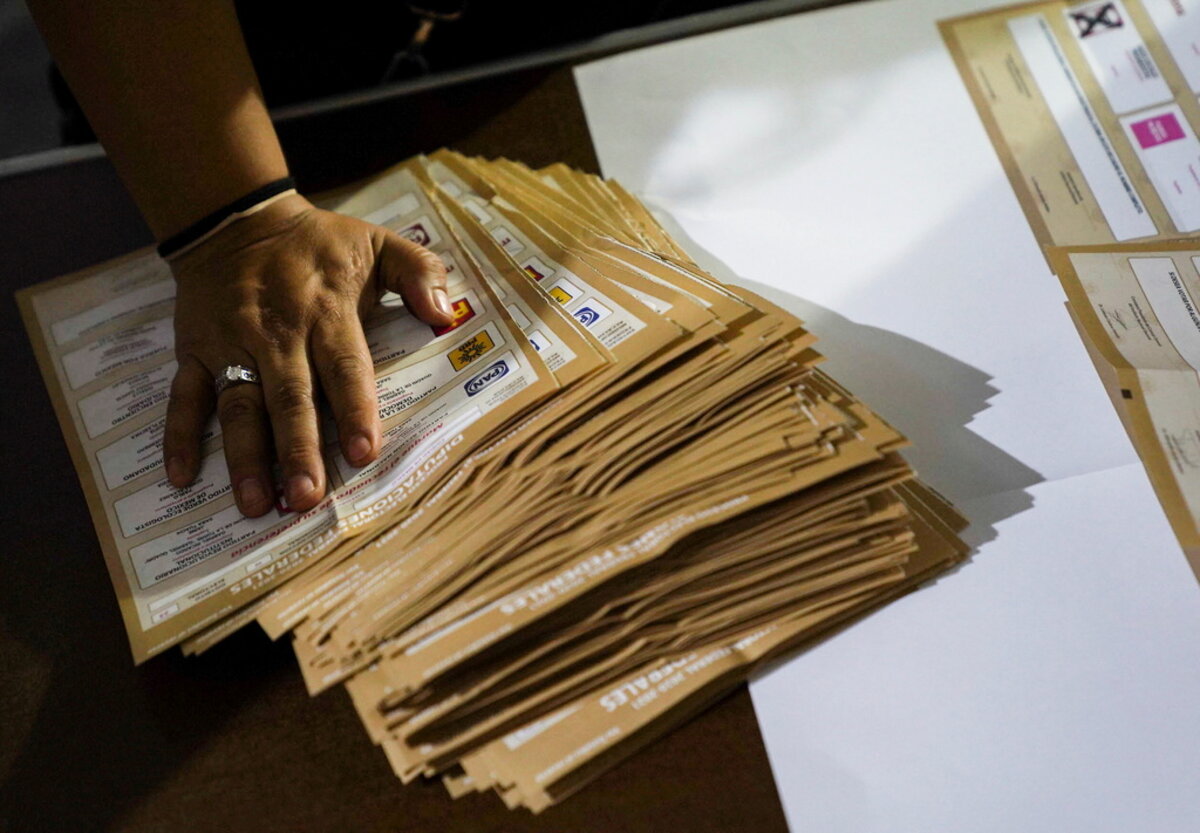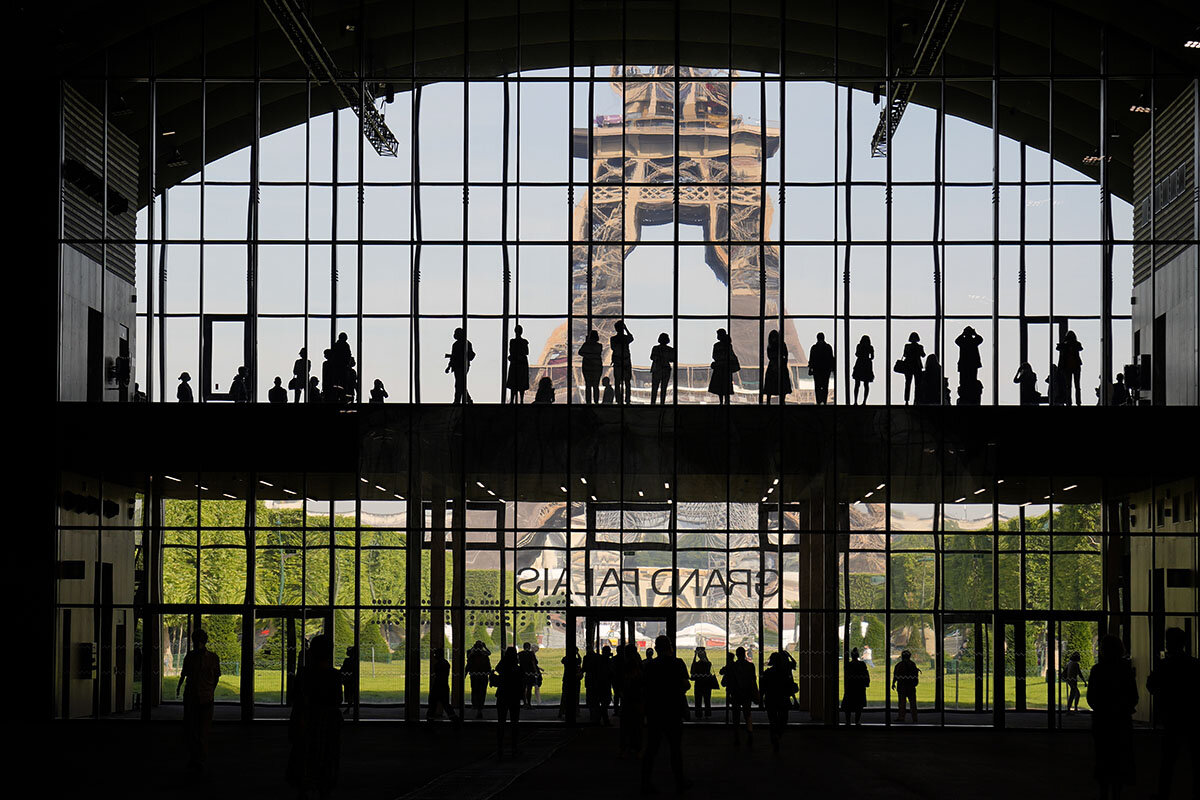There’s no one-size-fits-all solution to rising gun violence. But our reporter looks at what lessons from the past might address the current problem.
Monitor Daily Podcast
- Follow us:
- Apple Podcasts
- Spotify
- RSS Feed
- Download
 David Clark Scott
David Clark Scott
Major League Baseball has a sticky fingers problem.
Pitchers are cheating by using sticky stuff – everything from pine tar to high-tech adhesives. The hurlers hide some goo on their hat, their belt, or their glove and get a little on their fingers between pitches. This kind of thing has gone on for decades. But by some estimates, 70% of all pitchers now do it. They have gotten so good at enhancing the spin rate of their fastballs and sliders that strikeouts are at an all-time high. The league batting average is at an all-time low. And batters are crying foul.
“It’s a huge, huge, huge difference,” said Nick Castellanos, one of the best hitters in baseball today, on “The Chris Rose Rotation” podcast. He adds, “I think it just comes down to the league doesn’t care.”
But apparently it does. Team owners decided last week to begin to strictly enforce the rule against sticky stuff, ESPN reports. Pitchers may be checked by umpires as many as 10 times per game.
In recent years, we’ve seen other moves by the league to restore integrity and fairness to the game. In the early 2000s, MLB cracked down on performance-enhancing drugs. In 2020, Red Sox manager Alex Cora was suspended for a year for stealing signals, another practice that had mostly been ignored by officials.
When rules become mere suggestions, the advantage goes to the lawbreakers. It appears players have now successfully demanded that baseball adhere to its own rules.





